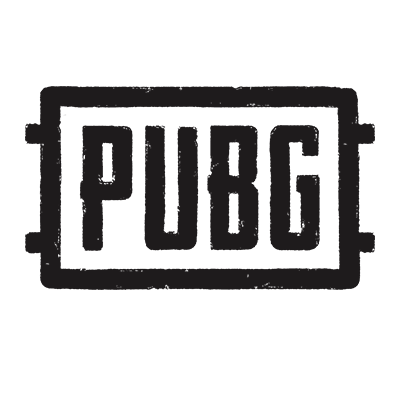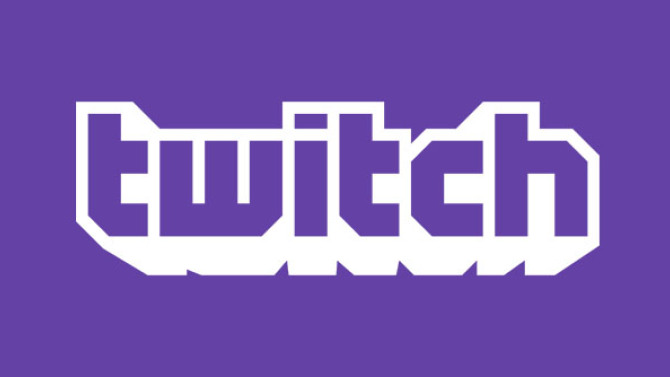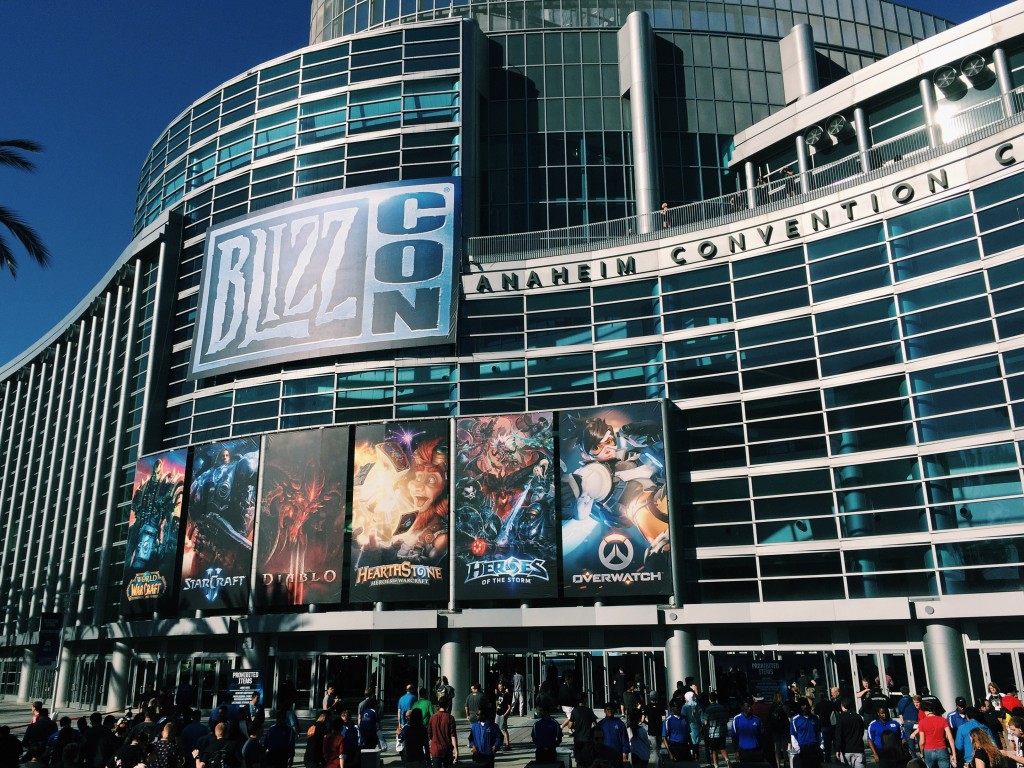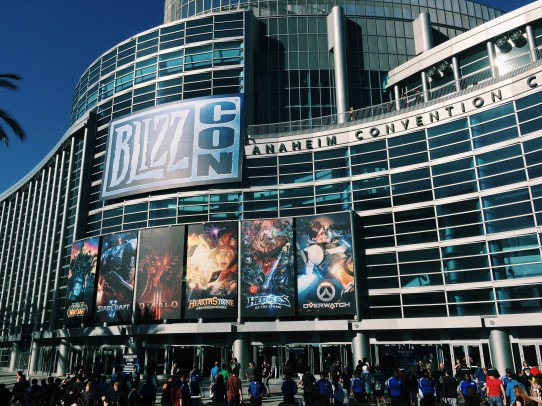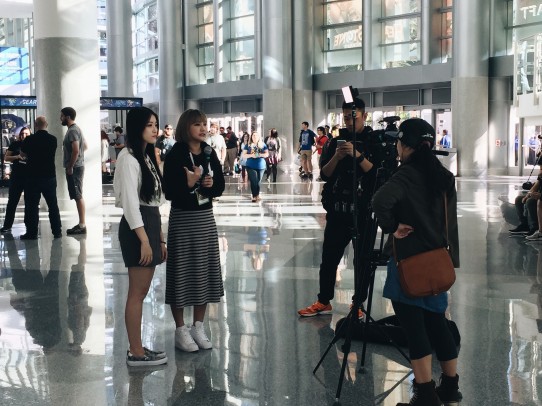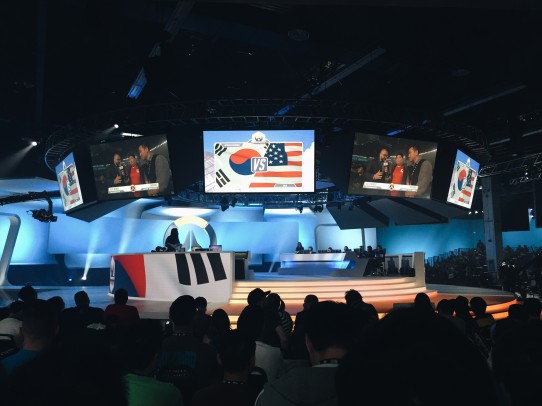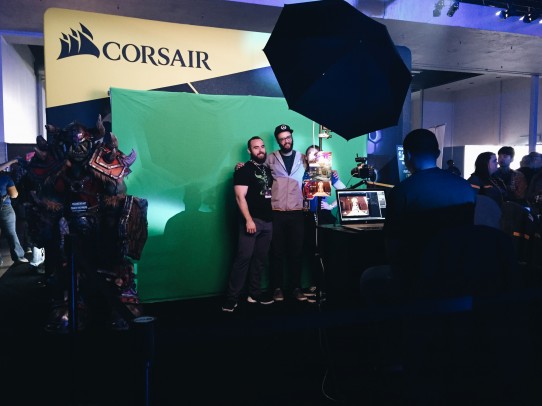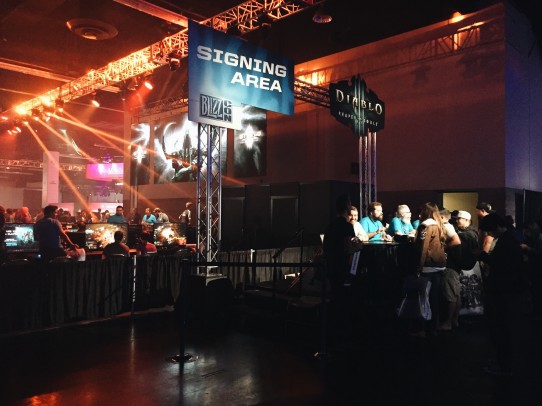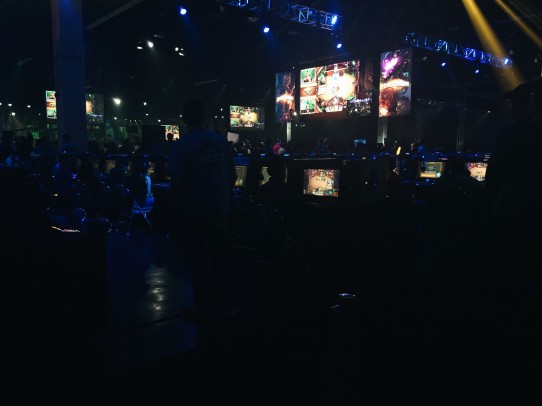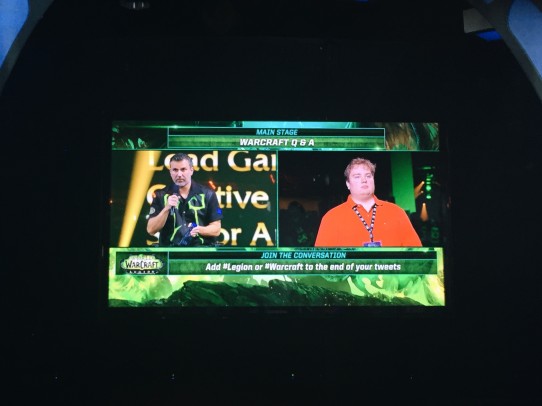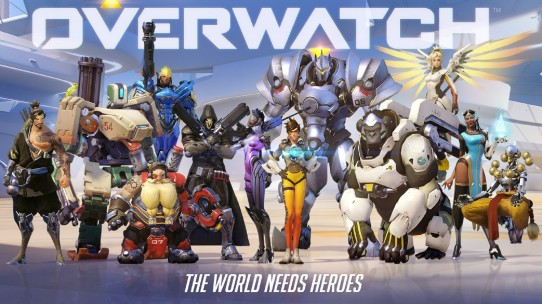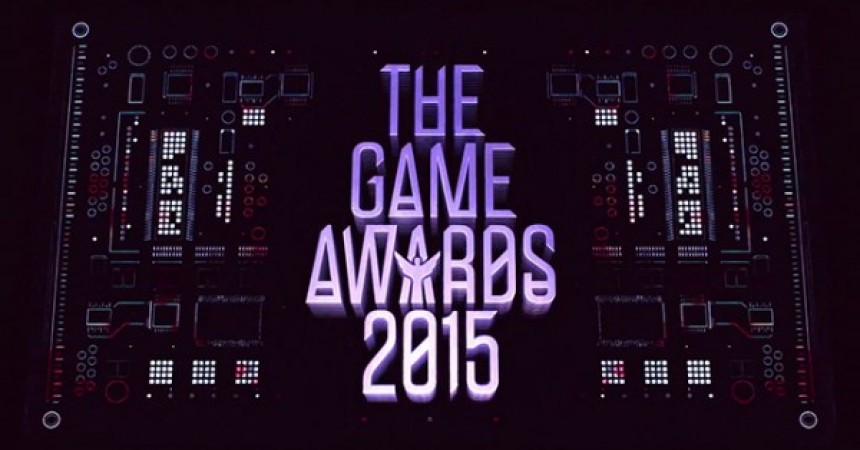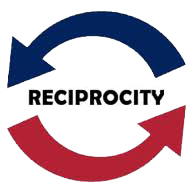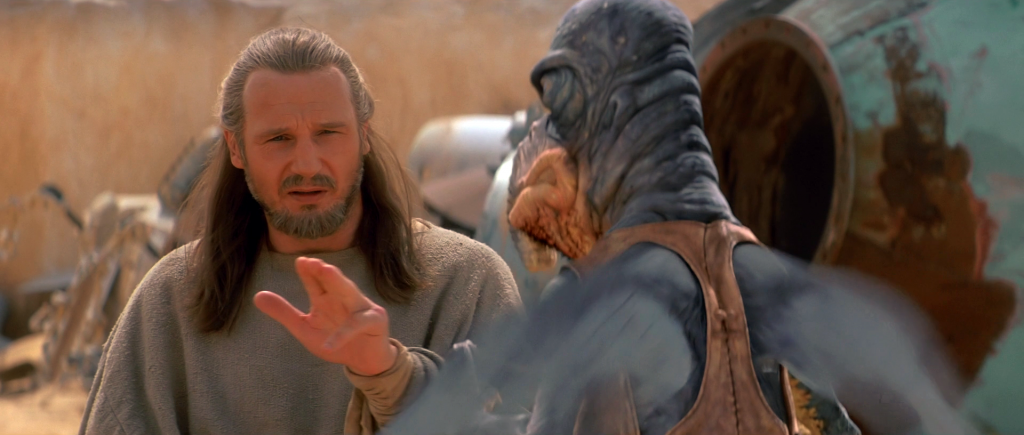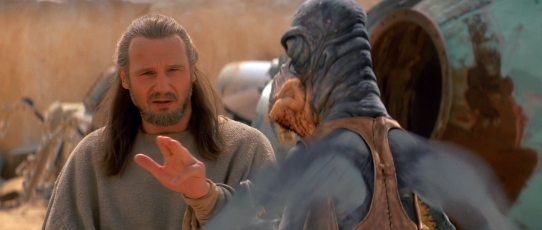In this week’s TPoI, GDC withdraws award for Atari Founder Nolan Bushnell, Ubisoft cancels Rainbow Six Siege price hike, and EA CEO Andrew Wilson defends the company’s current games lineup.
GDC Rescinds Pioneer Award for Nolan Bushnell Due to Past Sexual Misconduct
The Game Developers Conference announced in a blog post on Tuesday the recipients for the special awards at the event, Vlambeer co-founder Rami Ismail, Double Fine Founder Tim Schafer, and Atari Founder Nolan Bushnell. Bushnell’s nomination for the award drew a huge amount of criticism from members of the industry, which The Verge collected and featured in an article which detailed reports of Nolan harassing and sexually exploiting women. Glixel reports that GDC acknowledged the feedback and has decided to rescind his Pioneer Award nomination. Nolan Bushnell also came out with a message on his Twitter account praising the conference’s decision to rescind the award and has apologized for his past transgressions.
Ubisoft Withdraws Rainbow Six Siege Price Hike In Response to Community Backlash
Ubisoft’s tactical first person shooter Rainbow Six Siege has built up a large community over the last 3 years, with the game receiving regular updates and re releases throughout the game’s lifespan. While fans have generally enjoyed the updates that Ubisoft have brought to the game, a recent price increase announcement drew criticism from the community. Gamesindustry.biz explained that the price increase would affect all retail copies and would raise the price of the base game from $40 to $60. Paste Magazine reports that the developers have retracted their decision and are now offering rewards for player who play before the next content expansion as a way to give back to the community.
EA CEO Defends Company Line Up
During the company’s quarterly earnings call, EA CEO Andrew Wilson reportedly defended the studio’s recent releases, praising his employees for their hard work and the diversity of content they have put out. Kotaku reports that while critical reviews of Electronic Arts recent releases haven’t been overwhelmingly positive and some titles have underperformed, EA’s stock as continued to rise and the company plans to continue developing new titles while employing the same design strategies. Variety recently covered the company’s decision to reintroduce microtransactions into the controversial title Star Wars: Battlefront II so that it aligns with their current design strategy. While the company has prospered and generated lots of revenue due to big budget launches and microtransaction sales, this has come at the cost of their image, with Comicbook.com reporting that EA was named one of the worst companies in the world in Wall Street’s newest ranked lists, which cross references customer satisfaction surveys, employee reviews, and the American Customer Satisfaction Index to find out which companies are disliked the most.



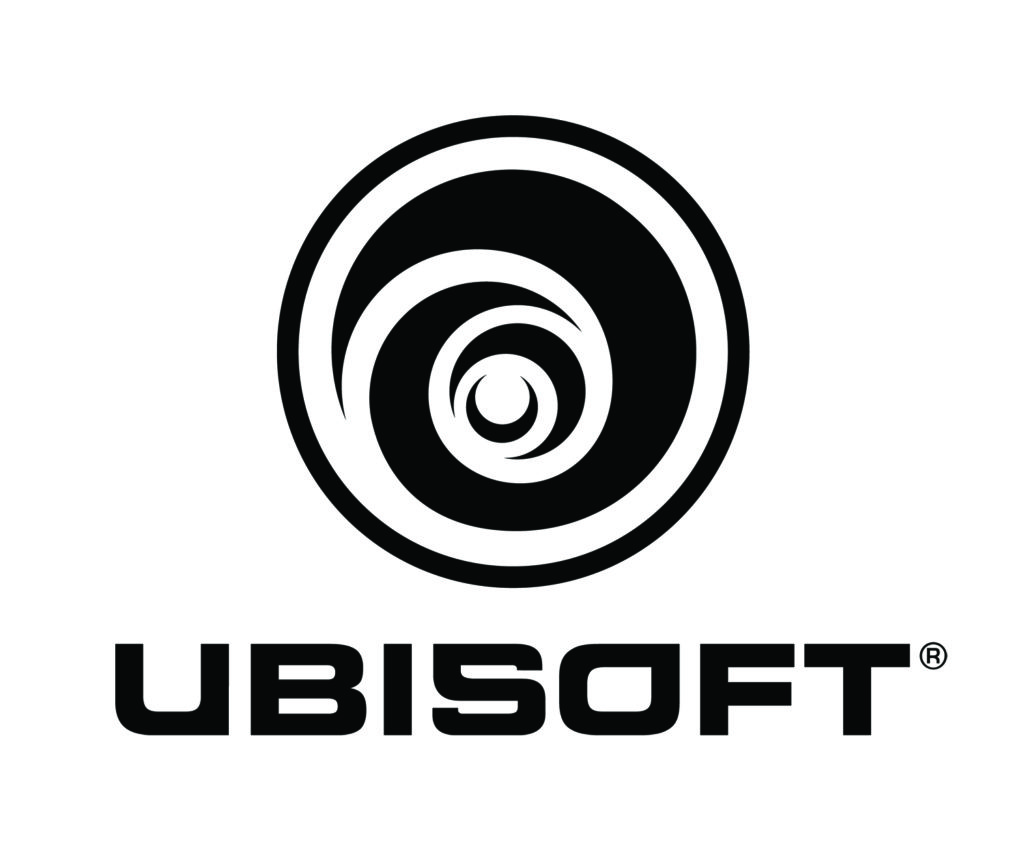
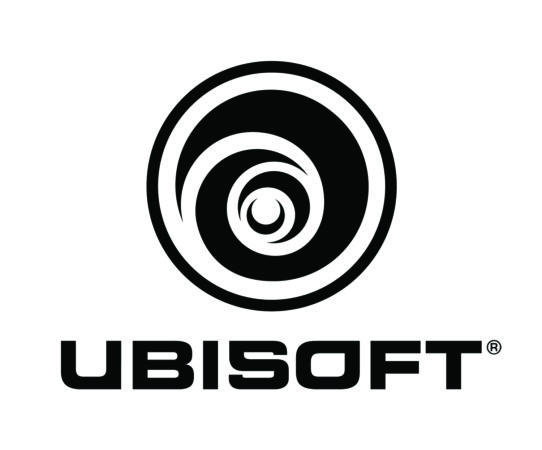 In this week’s TPoI, Sony’s PlayStation 4 sells over 70 million units worldwide, Ubisoft delays their 2018 lineup, and EA reevaluates monetization strategies for Battlefront II.
In this week’s TPoI, Sony’s PlayStation 4 sells over 70 million units worldwide, Ubisoft delays their 2018 lineup, and EA reevaluates monetization strategies for Battlefront II.